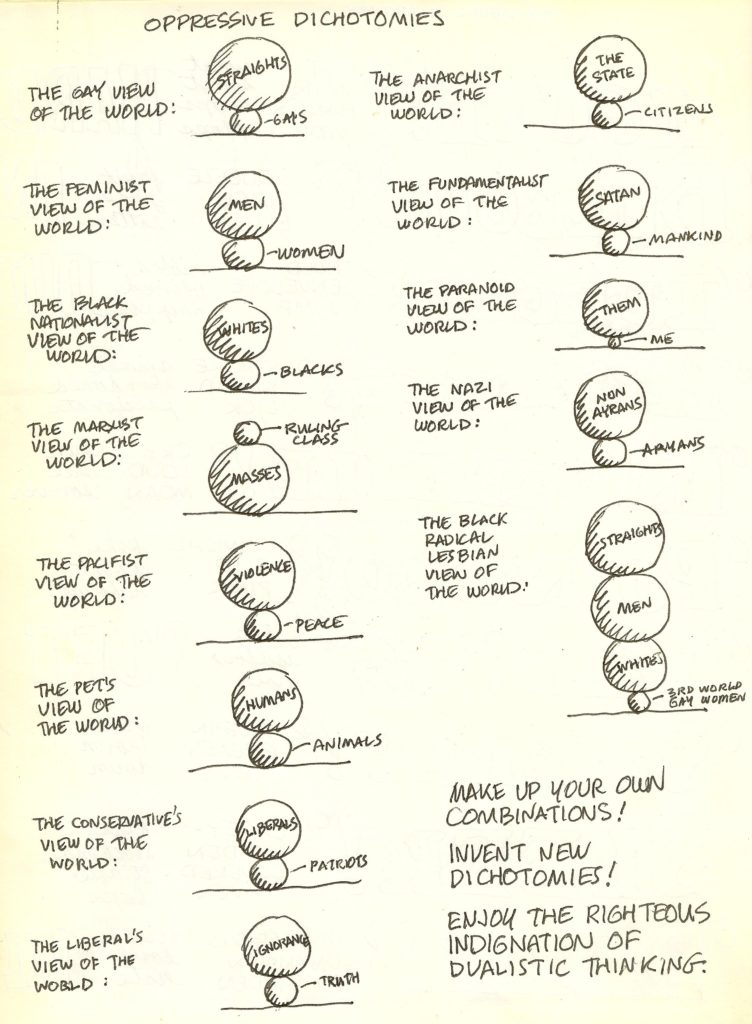Charles,
San Francisco, CA,
New Rochelle, NY,
Worldwide
Essayist Richard Rodriguez, said it best back in 1997, what can be the American inability to not conflate race with culture and class. I quote:
“Essayist Richard Rodriguez of the Pacific News Service talks about race and class on the PBS News Hour October 31, 1997.
RICHARD RODRIGUEZ: Recently, a law professor at the University of Texas got in trouble for saying that African and Mexican-Americans are at a disadvantage in the higher education because they come from cultures that tolerate failure.
LINO GRAGLIA, Professor, University of Texas: (September 1997) Blacks, Mexican-Americans spend much less time in school. They have a culture that seems not to encourage achievement, in which failure is not looked up with disgrace.
“We talk about the difference between black and white, not the difference between rich and poor.”
RICHARD RODRIGUEZ: Jesse Jackson flew into Austin to deliver a fiery speech. Students demanded the professor’s ouster. It’s hard for Americans to talk about what Europeans more easily describe as the lower class. Except for sneering directed at the poor white, so-called “red necks” or “trailer park trash,” you rarely hear the middle class acknowledge class. It’s race that matters in America. Race is our most important metaphor for social distinction. We talk about the difference between black and white, not the difference between rich and poor.
Richard Wright; James Baldwin; Toni Morrison–American writers are brilliant at describing what it is to be a racial minority, but America has few writers who describe as brilliantly what it is like to be poor. For me, there is no American writer who has written so sharply about working class life as D.H. Lawrence, the son of an English coal miner. A few weeks ago in Texas it was easier for the professor to notice that students who dropped out of school were Mexican or African-American than to wonder if they might be poor. On the other hand, the angry students who accused him of racism never bothered to acknowledge the obvious: Poor students do often come from neighborhoods, from families that tolerate failure, or at least have learned the wisdom of slight expectations.
I know something of what it is like to be poor. My parents are both from Mexican villages. Though America made them middle class, they retained the knowledge that life is hard. Education is fine–if it works. I meet students all the time who want to go to college but mama needs the oldest son to start working–better a dollar and cents job working at the supermarket or at McDonald’s than a college diploma that might not guarantee a job. Anyone who has taught poor children knows how hard it is to teach students “not” to be afraid of success. There is the boy who is mocked by male classmates for speaking good English. There is the girl who comes from a family where women are not assumed to need education.”
The affirmative action debate.
For years Americans have argued about affirmative action. Only lately have we bothered to notice that its principal black and brown beneficiaries are mainly middle class. It still does not occur to us to wonder if perhaps affirmative action is unfair to poor whites insofar as poor whites are not considered a minority group. Frankly, we don’t even notice the presence or, more likely, the absence of the poor white on the university campus. Middle class undergraduate fashion for decades has been to dress in working class denim. Who knows to what America these faces belong–to Appalachia, or to Scarsdale.
Some years ago driving past a New England prep school I saw golden children walking in late afternoon across the great lawn. The woman I was with turned her head slightly and asked me if I would have liked to have come. I couldn’t imagine taking a journey–not for reasons of ethnicity–but of class. A man I know–when he went to Harvard–had only a pair of running shoes to wear and never owned a tie. He dropped out of Harvard after two years. I suppose some of his professors imagined it was because he was Hispanic.
The advantage I had–beside my parents–were my Irish Catholic nuns, who themselves had grown up working class. They understood. They knew how much an education truly costs, the price the heart pays. Every once in a while I meet middle class Americans who were once lower class. They come from inner-cities and from West Texas trailer parks. They are successful now beyond dreams but bewildered by loss and betrayal, becoming so different from their parents–they. Why do I say “they?”
I’m Richard Rodriguez.”







